Haidar Eid
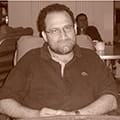
Haidar Eid is Associate Professor of Postcolonial and Postmodern Literature at Gaza’s al-Aqsa University. He has written widely on the Arab-Israeli conflict, including articles published at Znet, Electronic Intifada, Palestine Chronicle, and Open Democracy. He has published papers on cultural Studies and literature in a number of journals, including Nebula, Journal of American Studies in Turkey, Cultural Logic, and the Journal of Comparative Literature. Haidar is the author of Worlding Postmodernism: Interpretive Possibilities of Critical Theory and Countering The Palestinian Nakba: One State For All.
Hala Turjman
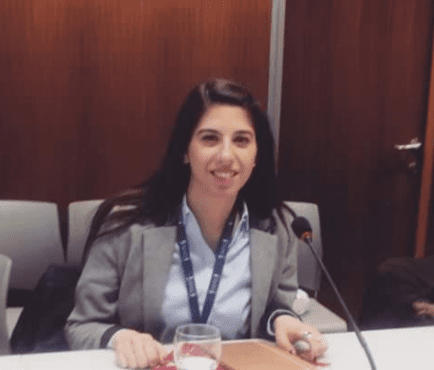
Al-Shabaka Policy Member Hala Turjman holds a BA in Political Science from Birzeit University and Sciences Po Rennes, and an MA degree in EU International Relations and Diplomacy Studies from the College of Europe, specialized in Security and Justice. Her dissertation was a critique of EU development aid policy, gender mainstreaming and the implementation of UNSCR 1325 in Palestine. Hala was a Schuman Fellow at the European Parliament in the Middle East Unit. She is currently a researcher at the European Institute of Peace, focusing on situations of conflict in the MENA region, mainly in Syria and Libya. In past years Hala has also taken part in a number of grassroots campaigns and community initiatives in Palestine.
Dina Matar
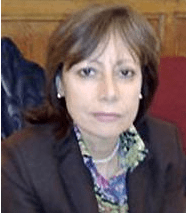
Al-Shabaka Policy Member Dina Matar is senior lecturer in political communication at the Centre for Film and Media Studies at the School of Oriental and African Studies. She works on the relationship between culture, communication and politics, with a special focus on Palestine, Lebanon and Syria. She is the author of “What it Means to be Palestinian: Stories of Palestinian Peoplehood” (Tauris, 2010); co-editor of “Narrating Conflict in the Middle East: Discourse, Image and Communication Practices in Palestine and Lebanon” (Taruis, 2013) and co-author of “The Hizbullah Phenomenon: Politics and Communication” (Hurst, 2014). Matar is also co-founding editor of the “The Middle East Journal of Culture and Communication.”
Dina Omar

Dina Omar is a writer and a graduate student studying Anthropology at Yale. She is a founding member of Students for Justice in Palestine-National and serves on the National Executive Board of the Palestine Youth Movement.
Dyala Hamzah
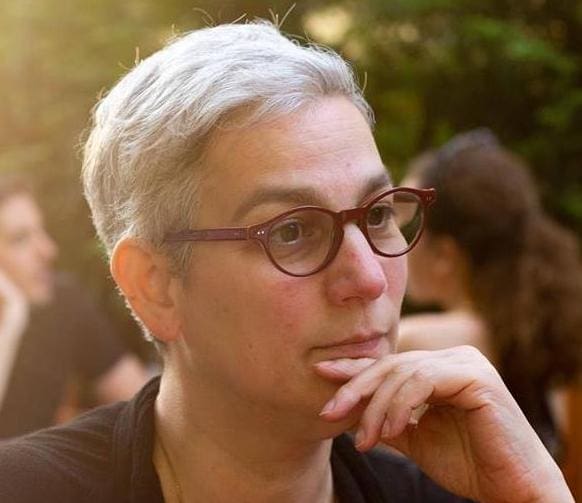
Al-Shabaka policy member Dyala Hamzah is an associate professor of Arab History at the University of Montreal. She served as editor of the 2013 Routledge volume The Making of the Arab Intellectual and is author of the forthcoming text, Muhammad Rashid Rida ou le Tournant Salafiste (CNRS Éditions, 2019). Dyala has published with Princeton and Oxford University Presses, as well as in academic journals including CSAAME, REMMM and Égypte-Monde Arabe. She is currently conducting a project on Mandate Palestine and Arab Nationalism. Her upcoming Palestine. Le Sionisme est-il réformable? is under contract with Presses de l’Université de Montréal (PUM, 2020).
Fadi Quran
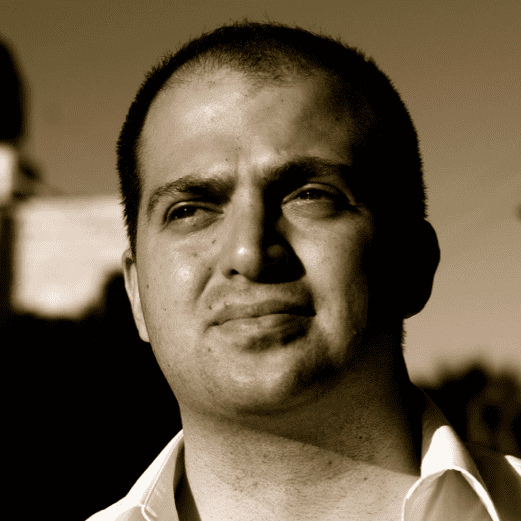
Al-Shabaka Policy Member Fadi Quran is a Senior Campaigner at Avaaz and a Popular Struggle community organizer. He previously served as UN Advocacy Officer with Al-Haq’s legal research and advocacy unit. Apart from his work in advocacy and international law, Fadi is also an entrepreneur in the alternative energy field, where he has founded two companies bringing wind and solar energy to Palestine and other countries in the region. Fadi holds degrees in Physics and International Relations from Stanford University.
Fadia Rafeedie Khoury
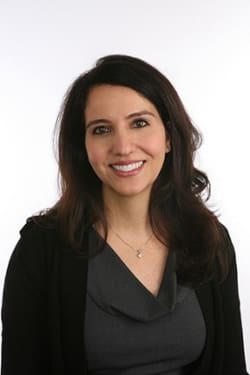
Fadia Rafeedie Khoury is a Palestinian living in Los Angeles, originally from El-Bireh and Birzeit. She is a graduate of UC Berkeley and Yale Law School, where she was engaged in activism promoting Palestinian and Arab causes.
Fajr Harb

Al-Shabaka Policy Member Fajr Harb is a Palestinian political activist. He is currently the Assistant Director of The Carter Center Field Office in Ramallah. In addition to his experience in advocacy and fundraising, he has an academic background and training in the United States in both engineering and economic development.
Dana Farraj
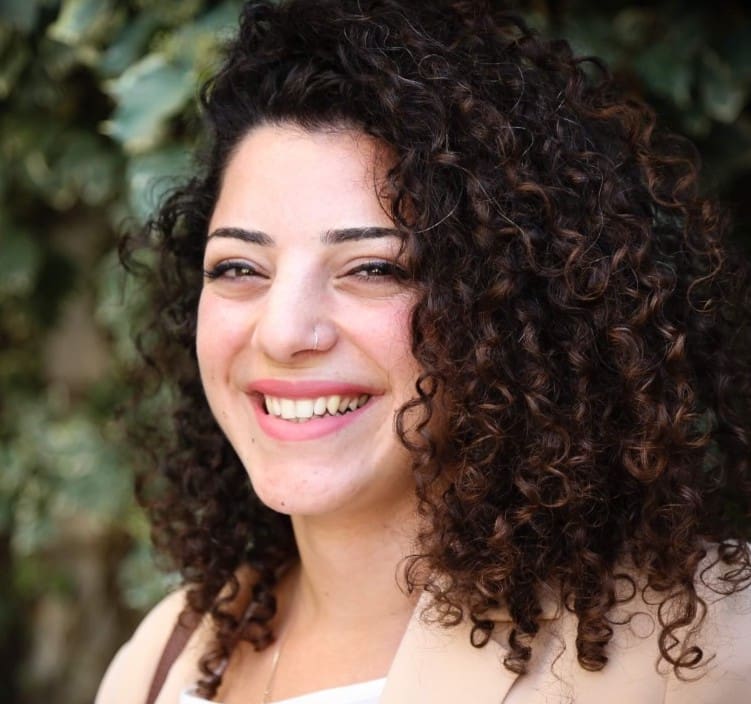
Dana Farraj is a researcher and has been a certified lawyer at the Palestinian Bar Association since 2019. She is a PhD student in Burgundy University, researching state responsibility regarding international crimes. She obtained her master’s degree in International Humanitarian Law from Aix-Marseille University and her bachelor’s degree in law from Birzeit University. Her research interests include international criminal law, international responsibility, and human rights law.









